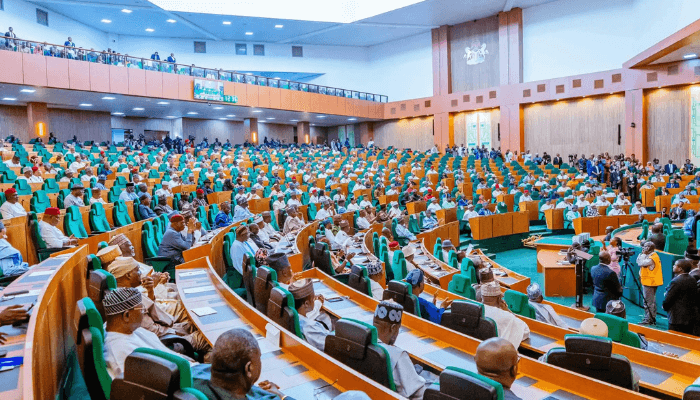A group of disengaged employees of the Central Bank of Nigeria (CBN) has instituted legal action against the apex bank, alleging unlawful termination of their employment. The aggrieved ex-staff, dismissed during a mass layoff in 2024, filed their case at the National Industrial Court of Nigeria (NICN) in Abuja, demanding ₦30 billion as compensation for what they described as undue hardship and reputational damage.
The claimants, in an originating summons dated July 4, 2024, under the NICN Civil Procedure Rules, asserted that their dismissal violated constitutional provisions guaranteeing fair hearing. They argued that the termination letters, titled Reorganizational and Human Capital Restructuring and issued on April 5, 2024, were arbitrary and contravened established policies, including the bank’s Human Resources Policies and Procedures Manual (HRPPM) and Section 36 of the Nigerian Constitution.
Led by their counsel, Okwudili Abanum, the 33 plaintiffs, including Stephen Gana, Kabiru Idris, and others, contended that the termination process was devoid of the requisite consultations or adherence to due process. They highlighted that Article 16.4.1 of the HRPPM mandates discussions with the joint consultative council and procedural fairness before any employment action adversely affects staff.
The claimants argued that their dismissal was rushed, with only three days’ notice to vacate their roles and return official belongings. They sought a court declaration rendering their termination null and void, an injunction against further dismissals without proper procedure, and an order for their reinstatement alongside payment of all accrued salaries and benefits since their termination.
Further, the disengaged employees demanded ₦30 billion in general damages for emotional trauma, hardship, and reputational harm, alongside an additional ₦500 million to cover the cost of the lawsuit.
During the first hearing of the case on November 20, 2024, Justice O. A. Osaghae urged both parties to explore amicable resolution options, in line with Section 20 of the NIC Act 2006. The judge emphasized that reconciliation could expedite the matter while avoiding protracted litigation.
Meanwhile, the CBN’s legal team, led by Inam Wilson, submitted a preliminary objection to the claimants’ suit on November 4, 2024. The court has scheduled January 29, 2025, for the hearing of this objection.
The mass disengagement, carried out between March and May 2024, reportedly affected around 1,000 staff members. While the CBN attributed the layoffs to organisational restructuring, some employees claimed severance payments were meagre, with some receiving as little as ₦5,000. Others alleged their gratuities were deducted to settle outstanding loans.
The apex bank, however, maintained that the early exit package was entirely voluntary, with no adverse consequences for eligible staff. Despite this assertion, the plaintiffs argued that the process flouted the CBN Act, which requires board approval for major employment decisions.
As the case unfolds, it underscores the growing discontent among disengaged workers and the need for organisations to uphold procedural fairness and transparency in workforce management.




